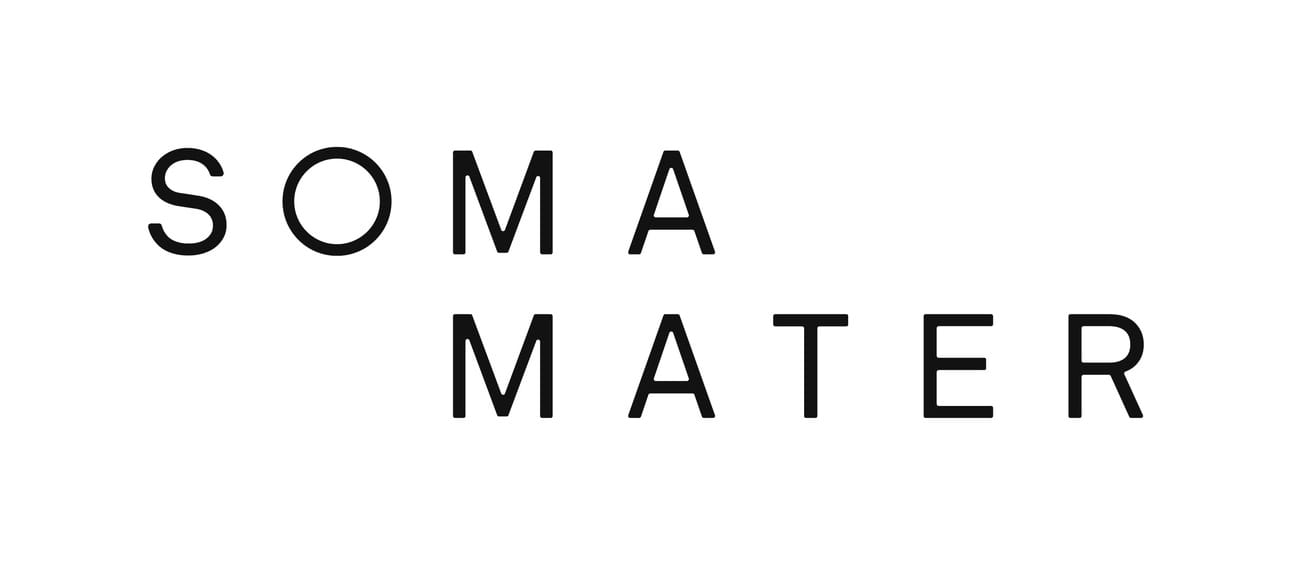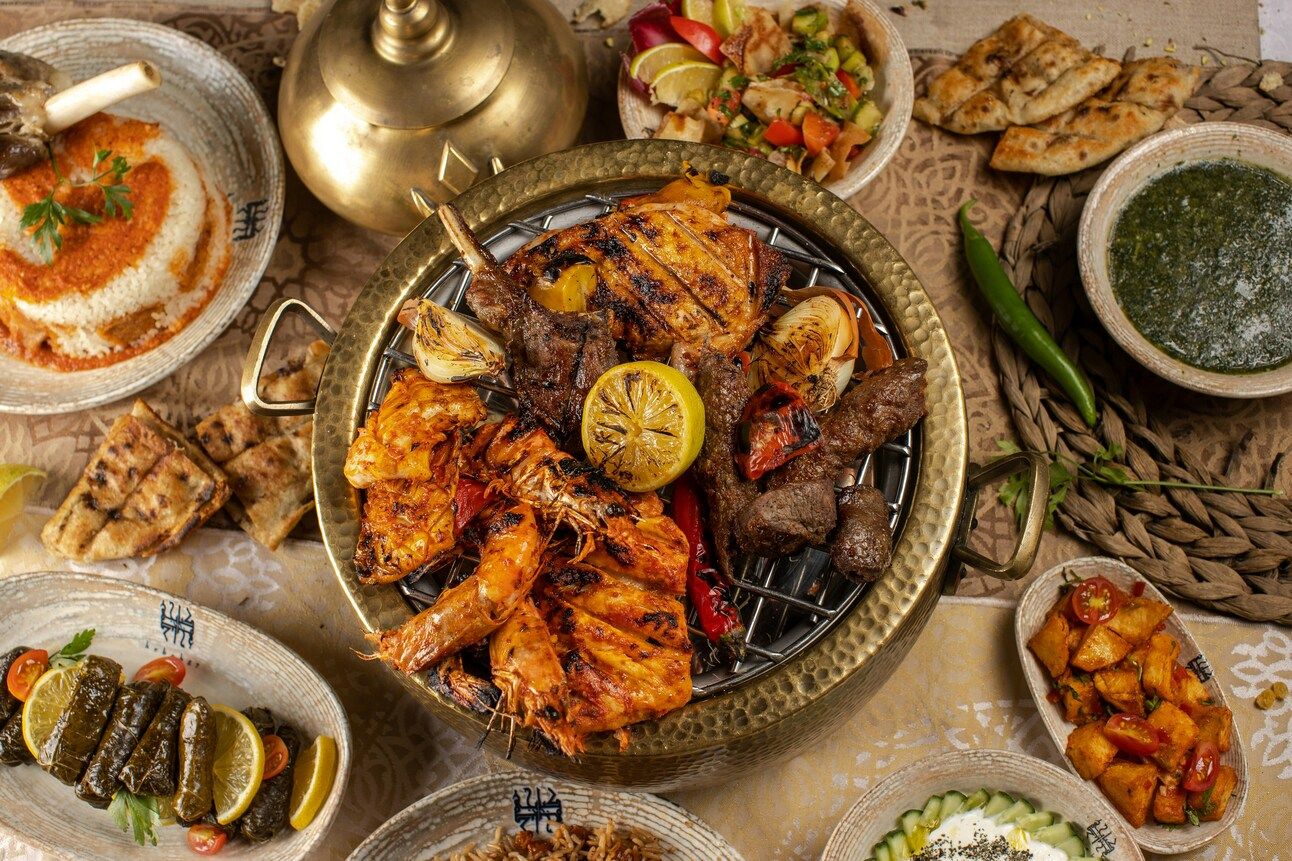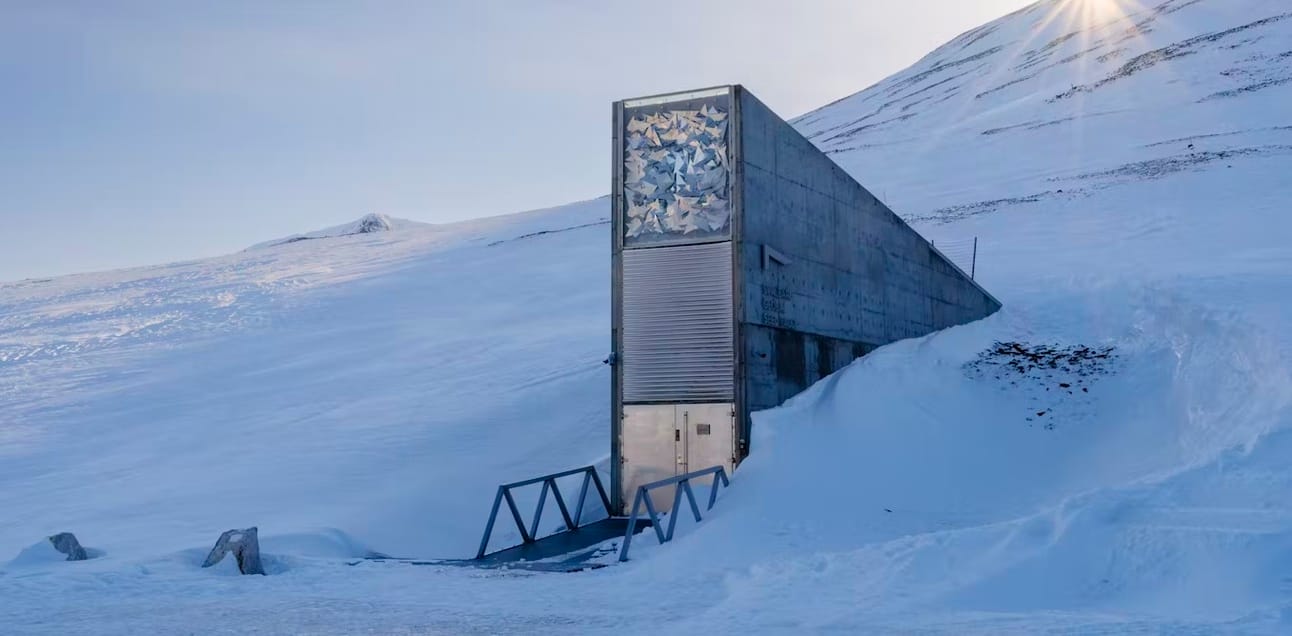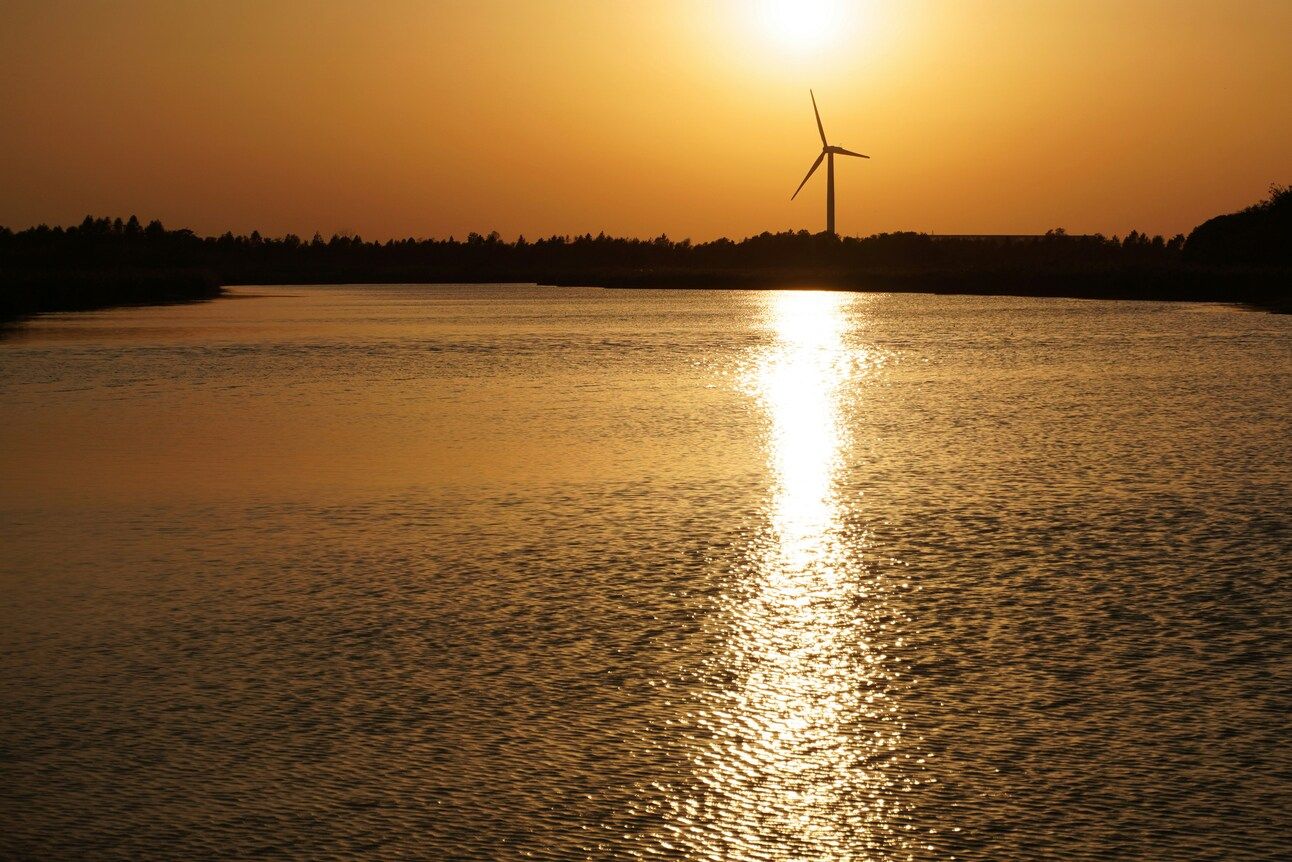- Soma Mater's Newsletter
- Posts
- SOMA Newsletter
SOMA Newsletter

Welcome to the SOMA MATER weekly newsletter.
At SOMA MATER, we specialize in delivering comprehensive research and advisory services with a focus on Food & Water Security and Net Zero Transition in the MENA Region. In order to support our subscribing clients in navigating these topics and understanding the regional narrative, we produce monthly Food and Water Security and Net Zero Transition Intelligence Reports, along with our in-depth analysis and insights.
This weekly newsletter highlights the top 3 stories from the past week in Food and Water Security and Net Zero transition, along with SOMA MATER's analysis and perspective.
How has food waste in Kuwait been impacted by consumer behavior during Ramadan, and what solutions have been proposed to address it?
What milestone did the International Center for Biosaline Agriculture (ICBA) achieve by depositing seeds in the Svalbard Global Seed Vault, and what is the vault's purpose?
What are Egypt's key renewable energy targets for 2035 and what plans and investments have been made towards achieving these goals?
Sustainably yours,
The SOMA team
95kg Per Person: Kuwait's Supersized Food Waste Challenge
#FoodandWaterSecurity

The Kuwait Environment Protection Society (KEPS) has highlighted the urgent need to address wastefulness in consumer behavior, particularly during Ramadan. A recent study conducted by KEPS examined environmental awareness concerning the 12th Sustainable Development Goal. The study, which involved 212 Kuwaiti participants, revealed that 57% of those who set a budget for their purchases exceeded it, especially during Ramadan.
To tackle this issue, KEPS proposed solutions. These include using smart apps to prepare shopping lists in advance, reducing unnecessary spending, and activating smart water sensors to limit water flow when not needed. Adopting smart home systems like Google Nest can help control lighting and air conditioning automatically, leading to decreased energy consumption.
An individual in Kuwait can waste 95 kg of food annually, contributing to the 397,700 tons of food wasted by Kuwaiti families each year. Most of this waste originates from households, which dispose of 11% of the total food available during the consumption stage, with food service establishments and retail outlets accounting for 5% and 2%, respectively. Kuwait was ranked by the report as 20th globally in food wastage. The Kuwait Food Bank for Food and Relief, a charitable organization approved by the Ministry of Social Affairs and Labor, focuses on distributing canned products. While cooperatives and companies can donate a portion of their monthly surplus, some businesses choose to waste excess food instead of donating it to maintain their market prices.
SOMA’s Perspective:
This highlights a broader regional challenge in the GCC, where high living standards may contribute to increased consumption patterns. While Ramadan is traditionally a time for reflection and mindful consumption, paradoxically, it can often be associated with increased food waste in many wealthy nations. This trend is particularly concerning given the global focus on food security and sustainable resource management. A shift in consumer behavior and cultural attitudes toward food consumption is important for the region.
Sources:
https://www.arabtimesonline.com/news/research-reveals-wasteful-spending-during-ramadan-in-kuwait/#:~:text=The study%2C which involved 212,solutions to curb excessive consumption.
Seeds of Hope: How the UAE's Plant Treasury Made it to the Arctic Vault
#FoodandWaterSecurity

The International Center for Biosaline Agriculture (ICBA) has become the first institution from the Arabian Peninsula to deposit seeds in the Svalbard Global Seed Vault. The contribution includes 315 accessions from 110 plant species, including the UAE's national tree, the Ghaf, representing significant research and conservation efforts in crops tolerant to drought, heat, and salt.
Located 1,300 kilometers from the North Pole, the Svalbard Global Seed Vault, nicknamed the "Doomsday Vault," serves as an ultimate safeguard for agricultural biodiversity. The facility maintains a crucial temperature of -18°C, with permafrost and thick rock ensuring the preservation of seeds even without power. Currently housing over 1.3 million seed samples from 6,200 plant species, the vault provides essential protection against conflicts, natural disasters, climate change, and global crises.
The vault is overseen by Norway in partnership with the Norwegian Ministry of Agriculture and Food, NordGen, and the Crop Trust. Depositors retain ownership of their seeds and maintain exclusive withdrawal rights. The facility prioritizes crops vital for food production and sustainable agriculture, accepting seeds either shared under the Multilateral System, Article 15 of the International Treaty, or those originating from the depositor's country. ICBA has been an important player for the UAE in agricultural innovation, developing solutions through climate-smart crops and irrigation technologies. Their work has successfully improved soil health and agricultural productivity while reducing water and chemical fertilizer usage. A notable achievement includes their research on quinoa as a sustainable crop alternative.
SOMA’s Perspective:
ICBA's deposit of seeds in the Svalbard Global Seed Vault is a milestone for the UAE and the broader MENA region. This achievement positions the UAE among nations actively contributing to global food security and agricultural biodiversity preservation. The inclusion of the Ghaf tree, the UAE's national tree, demonstrates the country's commitment to preserving not just agriculturally significant crops, but also culturally important species, demonstrating the UAE's role in global agricultural research and conservation efforts.
Sources:
Watts Up, Egypt? Egypt's Electrifying Energy Plans
#NetZeroTransition

Egypt has ambitious plans to become a regional energy hub. The country has set a target of achieving 42% of installed capacity from renewables by 2035, showing progress from its 2022 baseline of 12.1% power generation from renewables. As of 2023, Egypt had reached 6,709 megawatts of renewable energy capacity and is now targeting 12,000 megawatts by the end of 2026.
To facilitate this transformation, Egypt has implemented comprehensive legislative reforms, like the Renewable Energy Law No. 203 of 2014. This law established three key development schemes: Competitive Bids through NREA, BOO (Build, Own, Operate) projects, and Feed-in Tariff (FiT) programs. The government has also demonstrated its commitment through substantial financial investment, with the Ministry of Electricity and Renewable Energy now allocating EGP 99.9 billion for 48 projects in the FY 2024/25 investment plan.
Egypt's 2025/26 strategic priorities include optimizing renewable energy, improving distribution infrastructure, and strengthening transmission networks. It plans to add 3,350 MW of battery storage by 2026 while working to become an energy hub connecting Africa, Europe, and the Middle East. The Africa Solar Outlook 2025 report ranks Egypt second in African solar production with 707.6 MW capacity. Chinese investment is growing in Egypt, with Elite Solar's $150 million solar cell factory and China Electric Power Equipment and Technology and China Energy planning additional facilities including a 10 GW solar project.
SOMA’s Perspective:
Egypt's renewable energy narrative in Q1 2024 has been characterized by ambitious plans and potential. The country's legislative reforms, financial commitments, and attraction of international investments, particularly from Chinese manufacturers, demonstrate a strong preparatory framework. Yet the gap between current renewable capacity (12.1%) and the 2035 target (42%) highlights the magnitude of the transformation ahead. The following years will be critical in proving Egypt's ability to transform these preparations into tangible progress in renewable energy deployment and integration.
Sources:
SOMA MATER is writing Intelligence Reports on the topics of Food and Water Security and Net Zero Transition. If you’d like to know more, contact us through the link below: